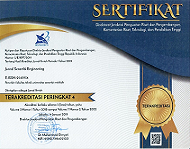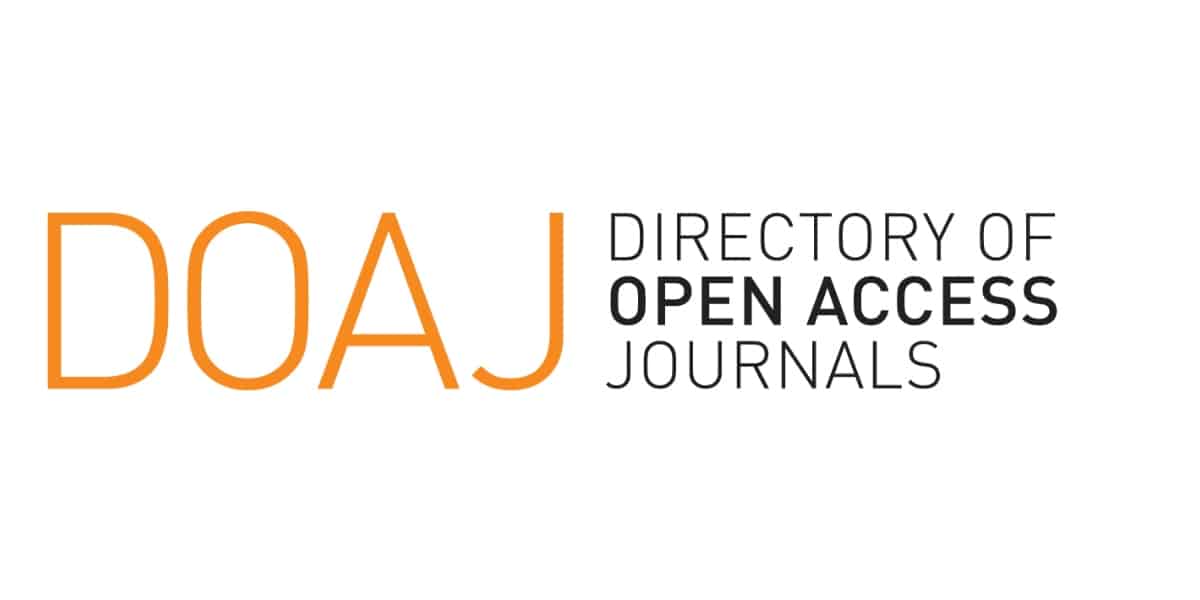Peran Larva Black Soldier Fly dalam Pengurangan Limbah Kotoran Sapi dan Pilihan Pakan Unggas Ayam
Keywords:
BSF larvae, cow waste,, bioactivators,, waste processing, waste reductionAbstract
Livestock waste is a major concern due to its negative impact on the environment and society. Waste processing methods such as organic fertiliser production, biogas and the use of Black Soldier Fly (BSF) have been proposed as solutions to reduce the negative impacts of livestock waste. This research aims to investigate the potential of BSF larvae to manage cow dung waste and use it as an alternative feed source. The research included variations in feeding with a combination of local microorganisms (MOL) and Effective Microorganisms-4 (EM4) and analysis of the efficiency of decomposition of cow dung waste by BSF larvae. Initial observations show that cow dung waste has an alkaline pH and optimal temperature for the growth of BSF larvae. The research results showed that the combination of feeding cow dung waste with MOL EM4 Animal Husbandry at a ratio of 5:1 provided the highest percentage of waste reduction (59%) and optimal growth of BSF larvae. Variations in bioactivators and MOL feeding ratios also had a significant effect on waste reduction efficiency and BSF larval growth. BSF larvae fed with the EM4 Livestock mixture have high protein and fat content, making it a good alternative feed source for livestock. These results confirm the potential of BSF larvae to reduce livestock waste and provide an alternative feed source that is useful for agriculture and livestock.
















